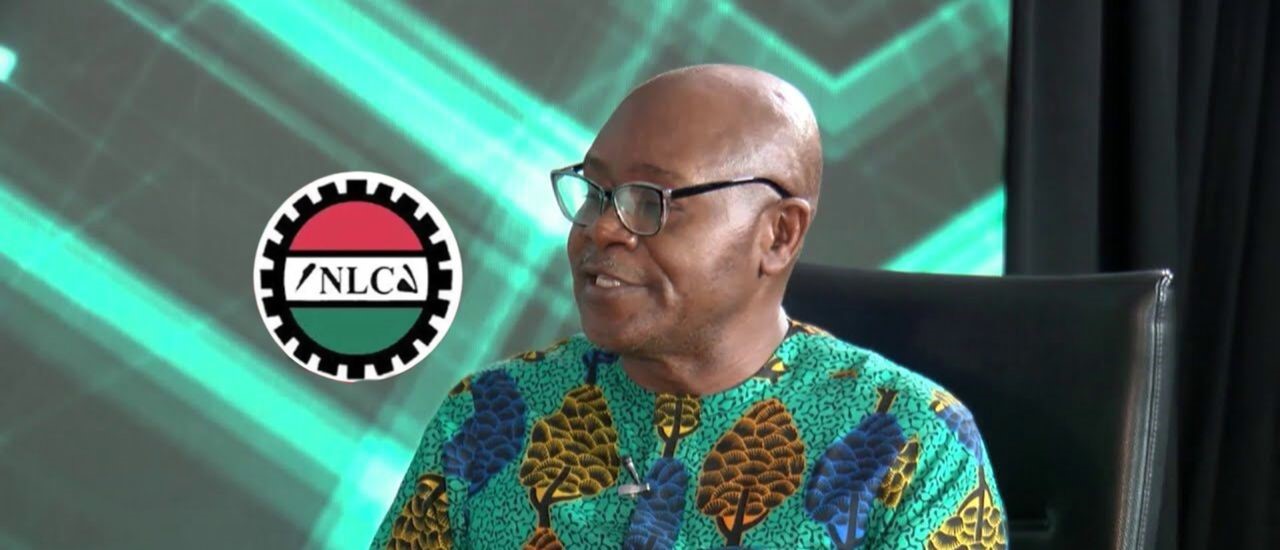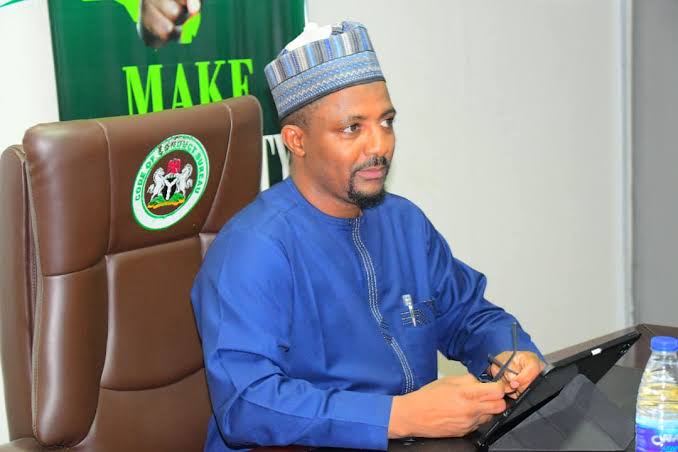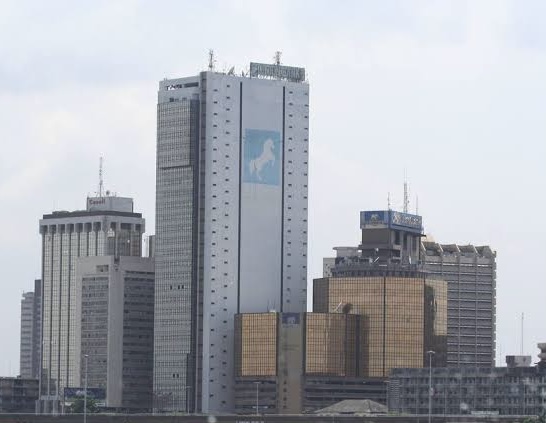
The Nigeria Labour Congress (NLC) has called for an upward review of the national minimum wage, insisting that the current N70,000 is no longer sustainable amid rising inflation and the soaring cost of living.
In July 2024, President Bola Tinubu signed a new minimum wage law, raising the base pay from N30,000 to N70,000 for federal, state, and private sector employees. However, workers’ unions argue that the value has already been eroded by surging prices of food, transport, housing, and electricity.
According to the News Agency of Nigeria (NAN), Benson Upah, acting general secretary of the NLC, said Nigerian workers are struggling to survive despite the increase less than a year ago.
“The truth is that N70,000 is not sustainable under the present economic situation. Workers are under immense pressure, and unless the government responds quickly, the crisis of survival will only worsen,” Upah said, stressing that while dialogue remains the preferred path, the option of industrial action cannot be ruled out.
The demand comes amid wage reviews by several states. On 27 August, Governor Hope Uzodimma of Imo State announced a new minimum wage of N104,000 for state workers, with corresponding salary adjustments.
Other states, including Lagos, Rivers, Bayelsa, Enugu, Niger, Akwa Ibom, Ogun, Delta, Benue, Osun, and Ondo, have also reviewed wages upwards. Lagos, in particular, is projecting a N100,000 minimum wage in 2025.
Shehu Mohammed, president of the Association of Senior Civil Servants of Nigeria (ASCSN), described the states’ actions as “eye-openers” for the federal government.
“Right from the beginning, during the negotiation, our demand was for a living wage, and we submitted N250,000 as a reasonable benchmark,” Mohammed said. “Let’s be realistic. Even if you pay electricity bills out of N70,000, what remains cannot sustain a family for 10 days.”
He urged governments to complement wage increases with policies that reduce the cost of living, including affordable housing, healthcare, and subsidised transportation.












